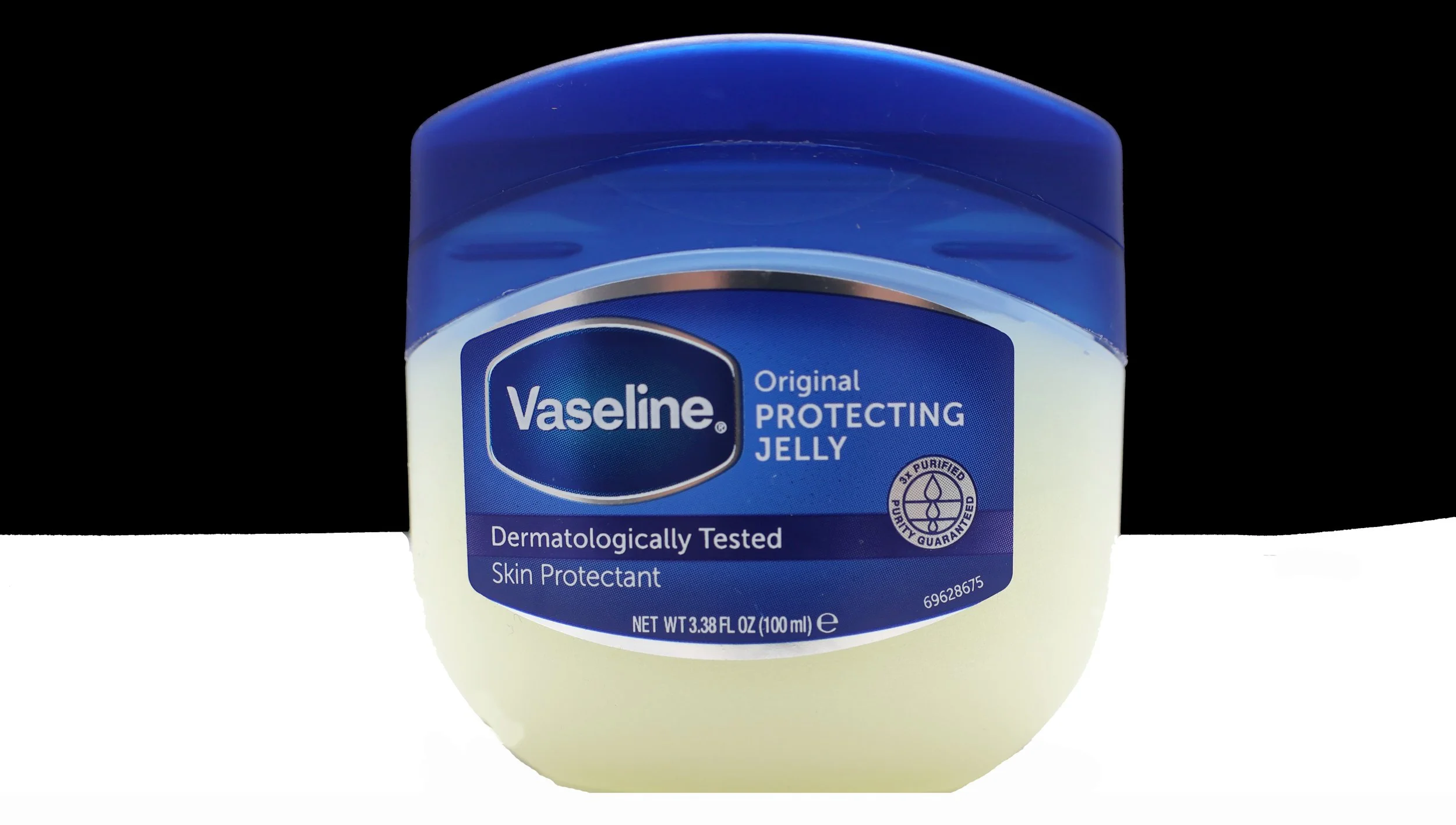It Ain't That Complicated
If laughter is the best medicine, then cultivating the ability to laugh at yourself is the most exquisite strain of that elixir. Learning to laugh at yourself is an antidote to ego, a remedy for self righteousness, and a tonic for emotional health. All of us should take ourselves seriously, but not so seriously that we fail to poke regular fun at our failures, our foibles, and even our frustrations.
A few weeks ago, I couldn’t do anything but laugh at myself. One morning while looking in the mirror I noticed a severe discoloration of my bottom lip. I wasn’t sure what caused the discoloration, but I was sure I didn’t like the discovery. I attempted to self diagnose: I don’t drink. I don’t smoke. Was it something I had eaten? Was it sunburn? Was I dehydrated? I researched, raised, evaluated but then ultimately rejected a series of diagnoses. I decided not to overreact. I would wait and watch.
After a few more days, the discoloration grew worse—as did my attitude. My attitude morphed from concern to irritation. I must confess that my irritation stemmed only in part from fears about my health. It was my vanity that was most at stake. I am extremely fastidious about my appearance—a fastidiousness that borders on and often exceeds the ordinary boundaries of propriety. LOL. That fastidiousness, combined with the fact that my primary responsibility is to speak in front of people on weekly basis, led to some profound frustration. During my prayers one night, I said “now Lord, you know I can’t have all this black stuff on my lips. Your good church-folks have extremely vivid imaginations, and they won’t pay attention to a word that’s coming out of my mouth because they will be trying to figure out what’s on my lips and how it got there.” LOL.
I began to frantically search for cures. I called friends, asked Chat GPT, and googled “how to heal black or dark lips.” For two weeks I tried every remedy imaginable. Castor Oil. Shea Butter. Coco-Butter. Oregano Oil. Nothing worked. In fact, every new remedy I tried, the discoloration grew worse. Finally, I did what I should have done in the first place. I asked my wife. She had observed the the entire affair with genuine amusement. Her response was blunt. She said “Boy, go get some Vaseline.”
Vaseline? I was aghast. I mocked her for making so basic a recommendation. Silently, I dismissed it as jabberwocky. In protest, I even let a few days past. “Surely,” I thought to myself, “such a simple, pat and ancient remedy will not work.” I even wondered why she, along with so many other Black people, think that Vaseline is a cure for every problem lol. But I finally relented. I went to CVS, purchased a small bottle for .99 cents, and put it on my lips. The result: the discoloration has been dramatically reversed!
All of this caused me to laugh at myself, because I realized that I am often guilty of unnecessarily complicating things. As Shane Parish has observed, many of us “avoid doing simple things that work because they don’t make us look smart. Smart people feel stupid doing simple things, so we invent complicated alternatives that accomplish less but feel more intellectually satisfying.” It was more intellectually satisfying to research all those remedies than to just use a simple one that has a proven track record. Black people are correct. Vaseline can cure just about anything lol. But I despised the simple, and ignored the enduring insight of Occam’s razor.
Occam’s razor is a conceptual tool credited to William of Ockham, an 11th century theologian and monk. It is regularly used in organizations as a guide for decision-making. It states that the simplest solution is usually the right one.
So Here’s today’s question:
In what areas of my life am I needlessly overcomplicating things? In my search for a sexy, complicated solution, am I ignoring a safer, more obvious one? Maybe all I need is some “vaseline.” Vaseline is a metaphor for solutions that are basic, simple, cheap, with a track record of proven success.
The Bible makes a profoundly simple observation in James 4:2. In seeking to understand why so many of us do not possess the blessings that we expect from God, the sacred writer provides a simple diagnosis. He says that we “have not, because we ask not.” It may be that God has not blessed us because we have not asked him to. It may be that God has not healed us because we have not asked him to. It may be that God has not delivered us because we have not asked him to. It may be that God has not intervened in our crisis because we have not asked him to. Praying in simple faith may be the one remedy that you have not tried. Prayer is basic, simple, cheap, and has a track record of proven success.
Boy! Girl! Go get some Vaseline!

